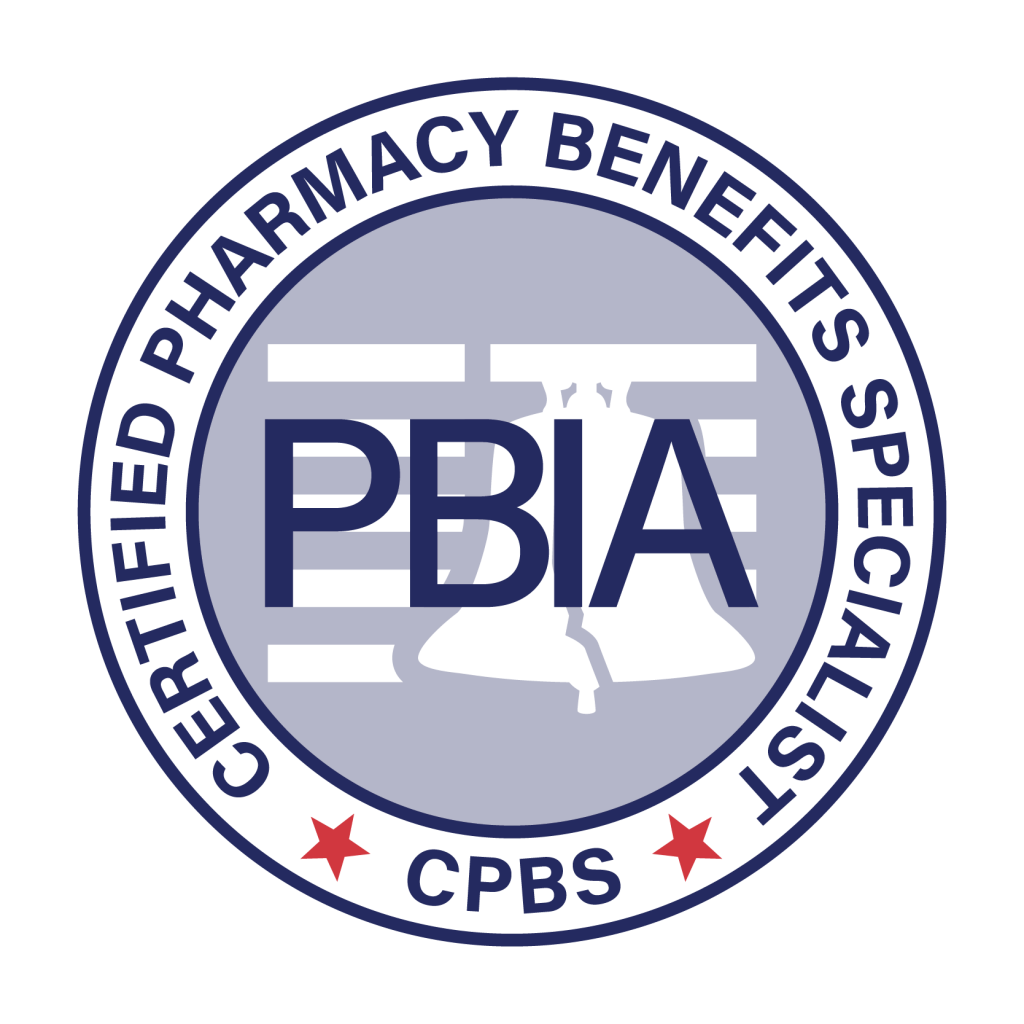Formulary steering prevents members from accessing generics and other notes from around the interweb:
- Formulary Steering Prevents Members from Accessing Generics. A suit, first obtained by Stat, was filed by Alexandra Miller, who worked at CVS for nearly two decades before leaving the company three years ago. Miller says that when she reported the behavior to a superior, she was told that the company had decided the benefits of the alleged scheme outweighed the likelihood of being caught. Miller claims that CVS’ SilverScripts Part D subsidiary as well as its Caremark pharmacy benefit manager and retail pharmacies worked together to prevent access to generics, which allowed it to pocket higher rebates because members were pushed to buy branded medications rather than lower-cost options.
- PBMs pocketing savings from generic prescriptions, report says. The new report adds to a growing body of evidence showing that consumers overpay for generics, as “pharmacy benefit managers game opaque and arcane pricing practices to pad profits,” the white paper said. Generics make up more than 90% of prescriptions in the U.S. but just 18% of drug spending. By one estimate, the use of generic and biosimilar drugs in place of their branded equivalents saved the healthcare system $338 billion in 2020 alone. However, despite generics driving down prices relative to branded drugs, consumers are not benefiting from savings, the white paper said. “Generics are overlooked when we talk about drug pricing issues in this country,” said Erin Trish, co-director of the USC Schaeffer Center, in a statement. “But the same lack of transparency that is causing outrage over high and rising spending on branded drugs is also creating issues in the generic drug space.”
- The drug rebate curtain. Lawyers for PBMs carefully define what a “rebate” means. For example, according to one template, “inflation payments” are not considered rebates. PBMs receive inflation payments from drug companies to cover year-over-year hikes to a drug’s list price. If employers don’t ask about inflation payments, PBMs keep them by default. The state of Delaware, however, modified its contract in 2015 to ensure those inflation payments are routed back to Delaware’s state employees, according to a copy of the contract that is publicly available.
- Site-of-Care Management Oncology Infusion Moving From Hospital to Home. “If your institution, department or program does not have a home infusion setup for your oncology patients, you need to start working on it.” That was the message from Laure DuBois, PharmD, BCOP, pharmacy clinical coordinator at the University of Kansas Medical Center, in Kansas City, discussing the increasing trend toward site-of-care management at a session at the 2022 annual meeting of the Hematology/Oncology Pharmacy Association. “At our institution, we first observed this with Aetna wanting to transfer patients on PD-L1 [programmed death ligand-1] inhibitors to home infusion by self-injection or the physician’s office,” Dr. DuBois said. “These policies are increasingly in place for many supportive care medications, as well as some targeted therapies.”
